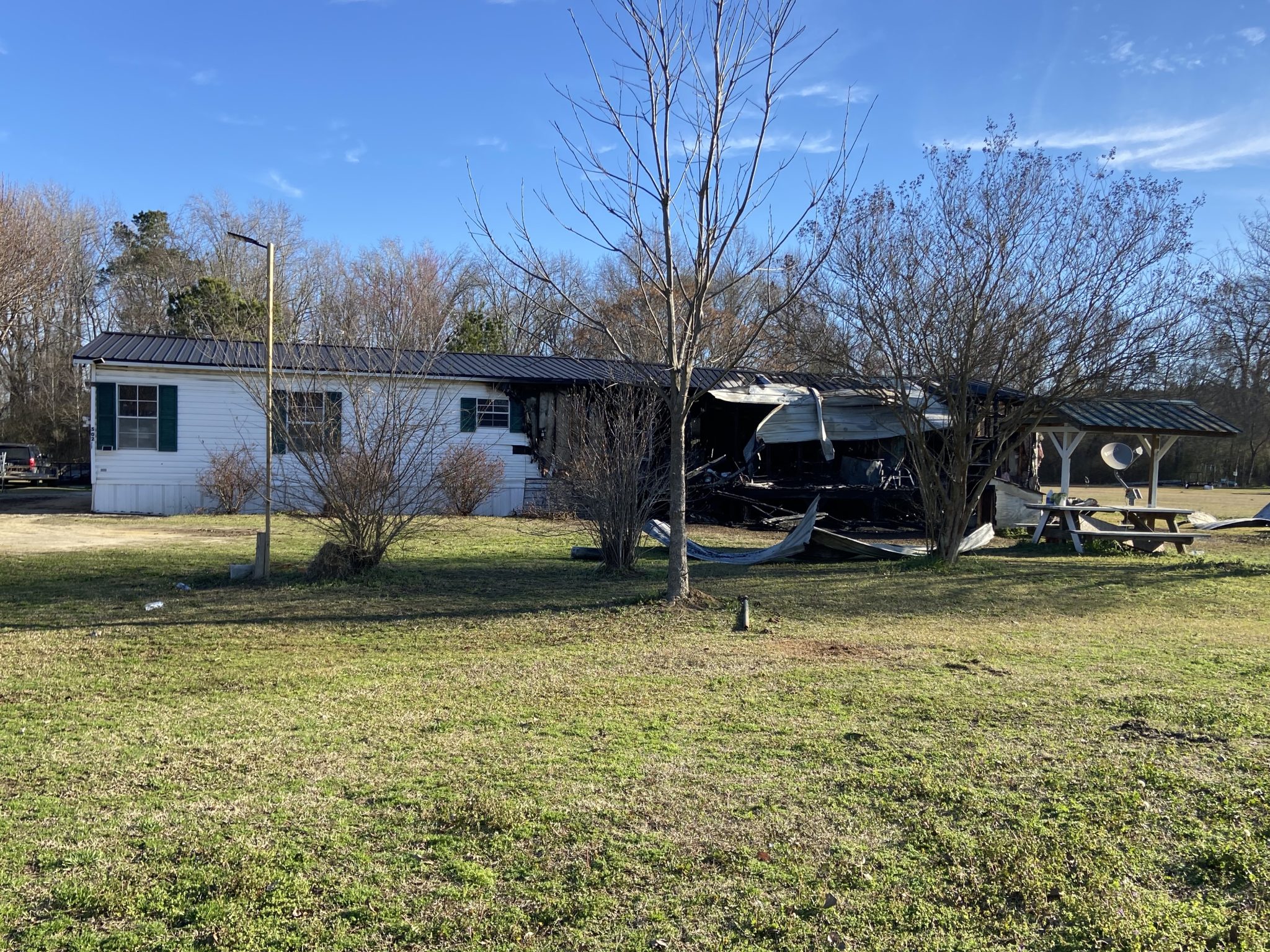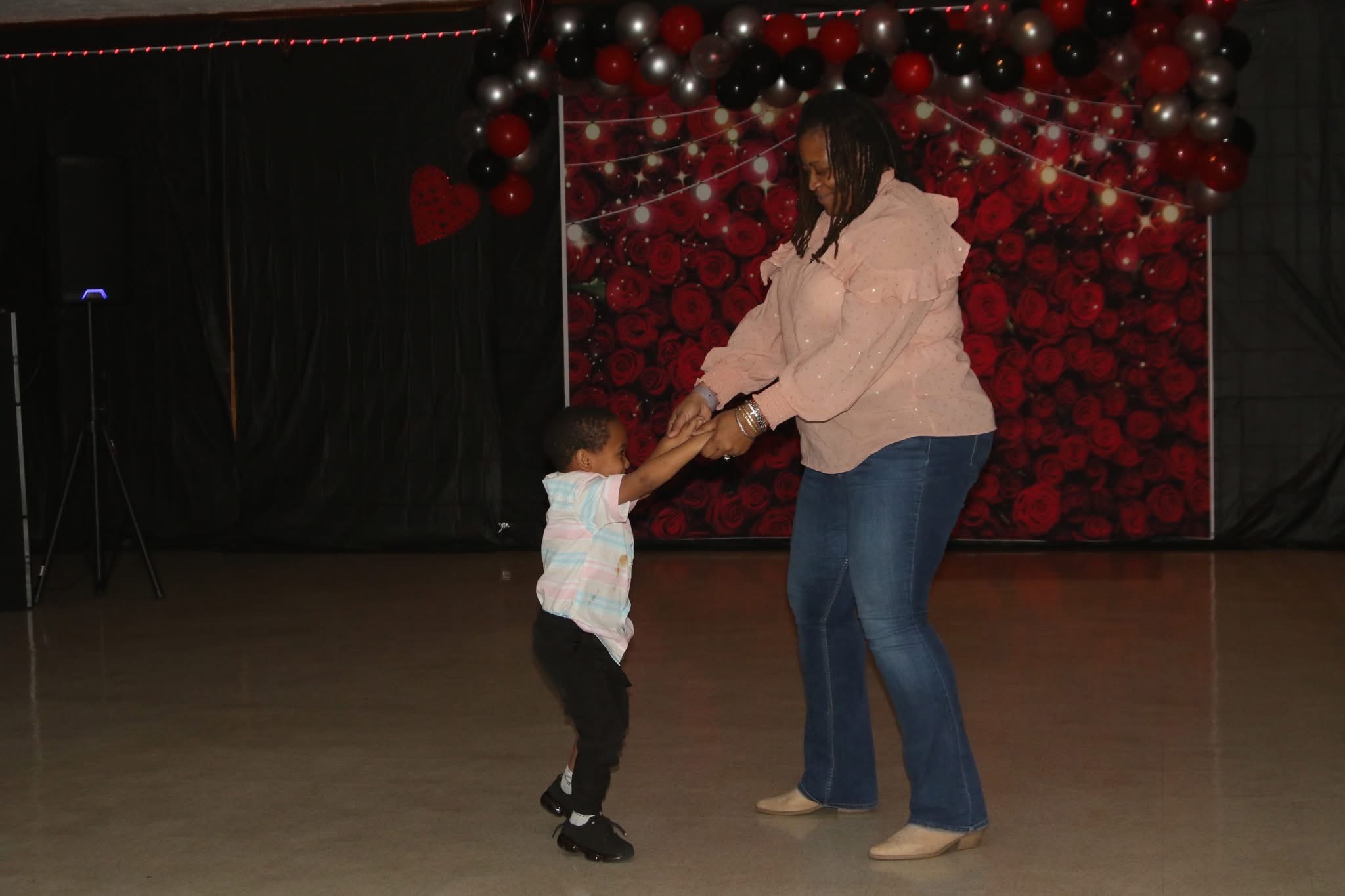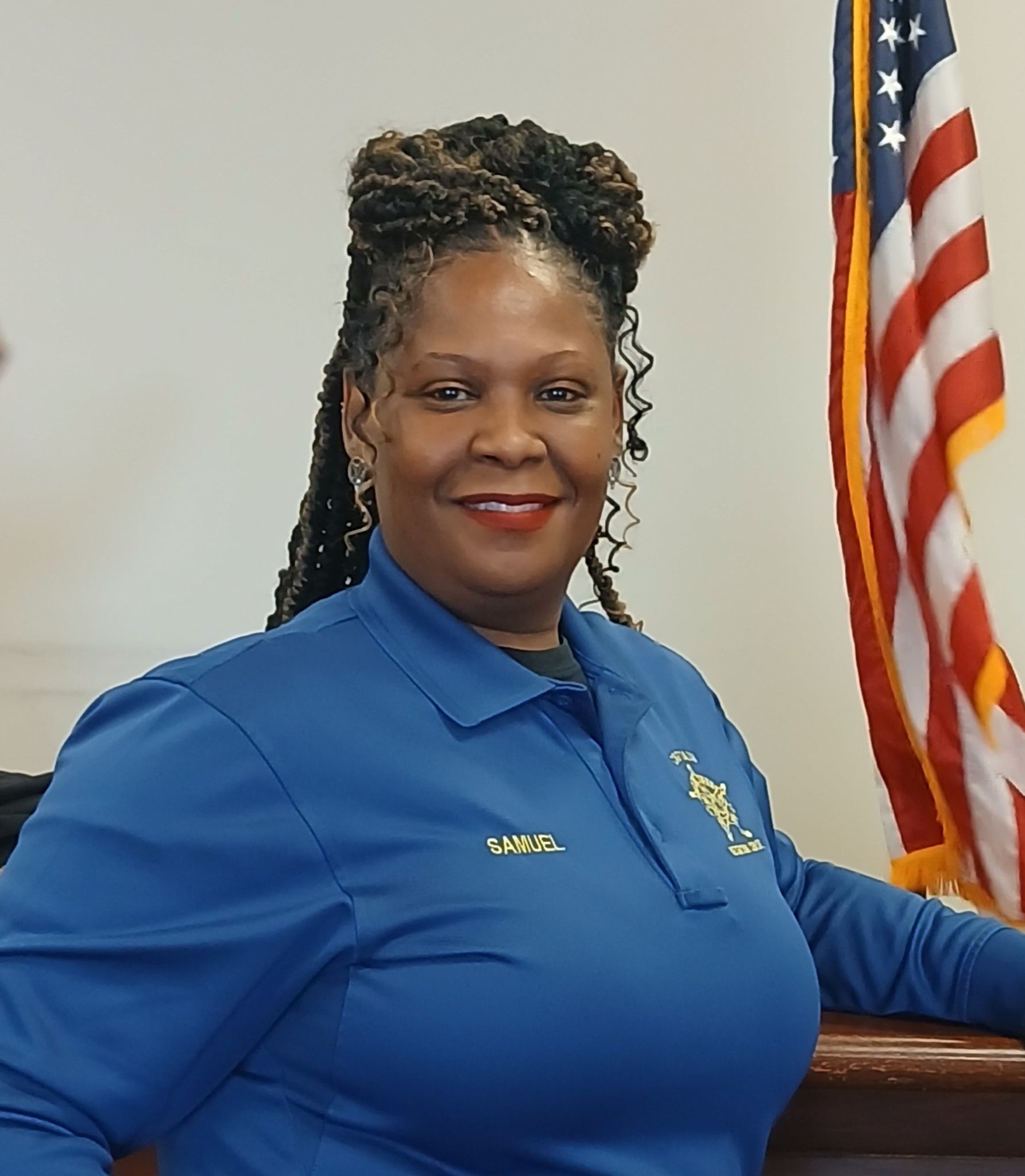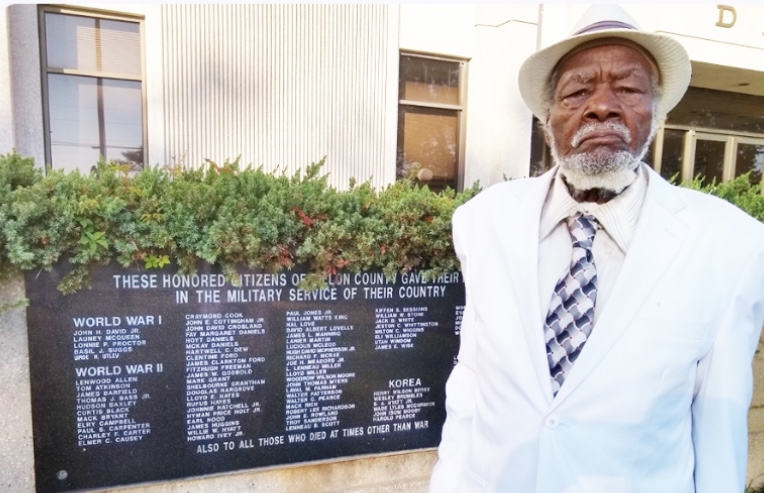The juvenile who was driving the truck that hit Dillon High School Band Director Adrian Wright in December of 2020 and immediately left the scene had his dispositional hearing in juvenile court on Monday. The incident caused Wright to lose his leg and suffer several other lasting injuries.
After pleading delinquent (the equivalent of “guilty” in juvenile court) in May, the juvenile was sent to a Department of Juvenile Justice (DJJ) facility in Columbia to undergo an evaluation, which is common in this type of case according to Assistant Solicitor Shipp Daniel, who prosecuted the case.
The hearing on Monday was the final hearing for the juvenile, which is when a Family Court judge considers the evaluation (which comes with recommendations from DJJ) and arguments from the State and defense counsel. Dan Shine represented the juvenile.
Given that the juvenile had no prior record, DJJ’s recommendation was that he be placed on probation for nine months.
Daniel argued against DJJ’s recommendation and asked for an indeterminant sentence, which is the most severe sentence a juvenile can receive. It calls for a juvenile to be sent to a DJJ facility for an indeterminate period of time not to exceed his 22nd birthday. DJJ determines the actual amount of time the juvenile serves based on a number of factors.
Daniel argued for the indeterminate sentence because the evaluation of the juvenile (prepared after multiple interviews with the juvenile in Columbia) said he had no remorse for his actions. Daniel told the Court he understood that the law mandates that the goal of juvenile court is rehabilitation, not punishment (unlike adult criminal court), but that for this juvenile to have inflicted such horrific injuries to another human being, to not have the decency to stop and help him, and then to not show any remorse whatsoever means the juvenile is in serious need of rehabilitation.
Shine argued his client was remorseful and that the whole situation was an accident.
Daniel said it’s one thing to be remorseful in court on judgment day, but for weeks while at the DJJ facility in Columbia, according to the evaluation, the juvenile showed no remorse. Daniel also said while the collision may have been an accident, the decision the juvenile made to drive away without rendering aid or calling for help was quite intentional.
“We don’t know the answer to this, but could Mr. Wright’s leg have been saved if [the juvenile] had stopped and called for help immediately?” said Daniel. “We won’t ever know.”
Both Wright and his wife spoke during the hearing and offered heartfelt comments about the toll this incident has taken on their family.
The Family Court Judge agreed with Daniel and sentenced the juvenile to an indeterminate sentence. The juvenile will have to complete several programs and meet multiple benchmarks before he can be released. Ultimately, DJJ will determine the length of time he will serve. The judge also ordered the juvenile to pay thousands of dollars to the Wright family for medical bills.
“We are thankful the Court agreed with our position,” said Daniel after the hearing. “Unfortunately, the justice system can’t fully restore Mr. Wright, but we got as much justice for him today as the law allows. We also hope DJJ’s processes can address this juvenile’s issues and will allow him to be a productive member of our community once he is released.”
Juvenile Sentenced In Case Involving DHS Band Director
Related Posts
Latta Police Department Searching For Person Involved In Hit And Run
0 Hit & Run Latta PD is actively looking for a 2018 Kia Sportage that was possibly involved in a hit and run this afternoon where a pedestrian was struck.…
Early Morning House Fire In Dillon Sends One Person To The Hospital
0 By Vickie Rogers According to Dillon County Station One Fire Chief Bubba Grimsley, Stations One Two, and Floydale Fire responded a house fire approximately 5:22 a.m. on Monday, February…









